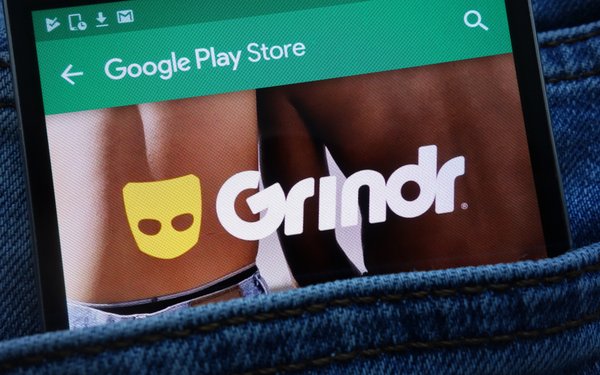
Grindr is fighting the $7.1 million privacy fine recently imposed
by Norwegian privacy officials, who said the dating service wrongly shared users' sensitive information with third party ad networks.
The company argues that the Norwegian decision was based
on “incorrect and stereotypical assumptions” about the dating service's users, and “flawed and unfounded” interpretations of European privacy law, according to an
English-language version of the appeal seen by MediaPost.
The Norwegian Data Protection Authority said last year that Grindr violated Europe's broad privacy laws by effectively requiring
consumers to share sensitive data with third parties in order to use the free version of the dating service.
The ruling dealt with Grindr's policies between July of 2018 (when the sweeping
General Data Protection Regulation took effect in Norway) and April of 2020 (when the company revised some privacy practices).
During that time, Grindr showed prospective users the company's
data policy -- which provided that some information would be shared for ad purposes -- and asked them to accept the policy in order to access a free version of the service.
Norwegian
regulators found fault with that approach, writing that Grindr should have allowed users to opt out of sharing sensitive data -- such as information about sexual orientation -- for ad purposes.
Grindr counters in its appeal that the Norwegian decision is premised on “ill-founded, sweeping, and discriminatory assumptions” regarding the company's users.
The company
essentially argues that people's use of the service doesn't reveal their sexual orientation, and therefore isn't in itself sensitive information.
“The App proudly reflects the modern
LGBTQ+ community, which embraces all sexual orientations and gender identities, including trans men, trans women, and heterosexual people,” the company argues.
Grindr also argues it only
shared “limited, industry standard data fields with advertising partners,” including re-settable advertising identifiers provided by the mobile operating system, IP addresses, users' ages
and genders, and information about operating systems, screen resolution and device model.